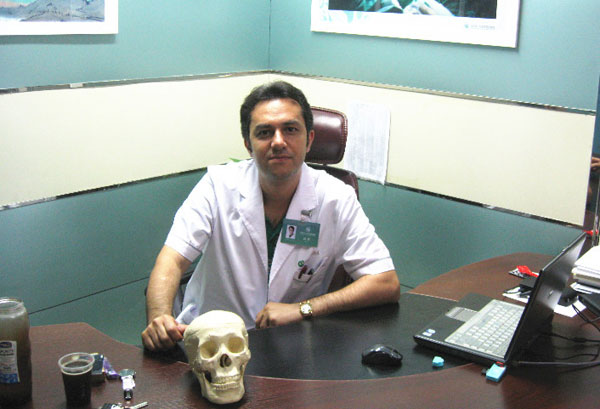Q&A with a TCM doctor on chunkun
 |
|
Dr Amir Hooman Kazemi. [Photo provided to chinadaily.com.cn] |
Hailing from Iran, Dr Amir Hooman Kazemi is a professor at the Beijing University of Chinese Medicine, where he received his PhD in traditional Chinese medicine (TCM). He is also an executive member of the World Federation of Acupuncture and a faculty member at the Tehran University of Medical Sciences.
That sleepy feeling can easily strike us in the spring, even if we are sleeping the same hours at night. What is the explanation from the perspective of traditional Chinese medicine (TCM)?
The drowsiness can be caused by the imbalance of the yin and yang in our bodies during a seasonal change. As we step from winter to spring, our bodies need time to get used to the change of yin and yang around us in nature.
The yang around us has already increased, yet the yang in our bodies is still weaker than the yin for not responding quickly. This yang deficiency in the body can make people sleepy.
As the same time, people suddenly start to be more active in spring, consuming more qi (energy) in the body, and the qi deficiency can make people drowsy as well.
In winter, people have less physical activity and tend to gain weight. The process can cause an accumulation of dampness in the body, which is one of the major causes of fatigue and sleepiness, according to TCM.
What are the other reasons?
In spring, the weather gets warmer, which makes it more comfortable for people to sleep. At the same time, the daylight hours become longer as spring arrives, so many people sleep later than before, but still need to wake up early to go to work.
Should we rest longer to beat the sleepiness?
No need. Different people need different sleeping hours, but normally 7-8 hours are enough for an adult. If you are tired during the day, take a nap.
















